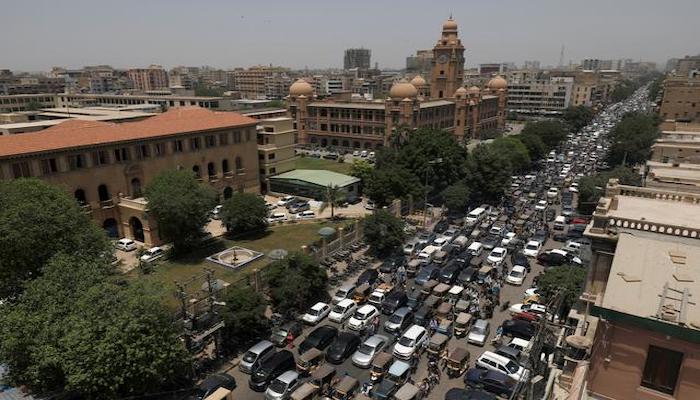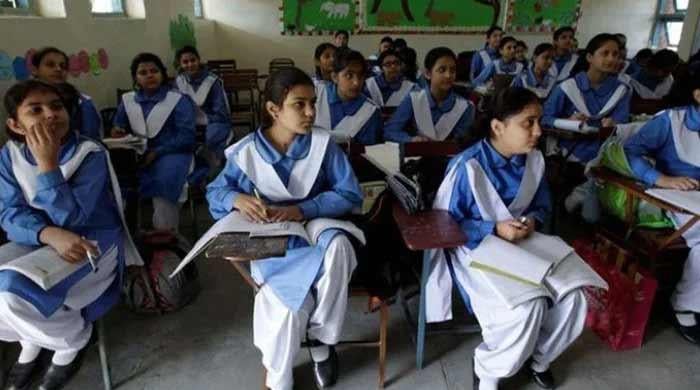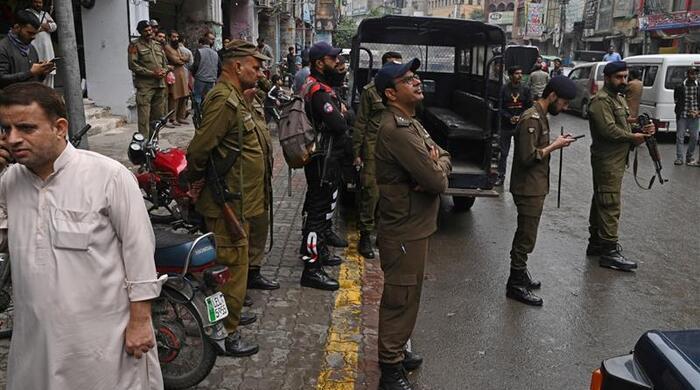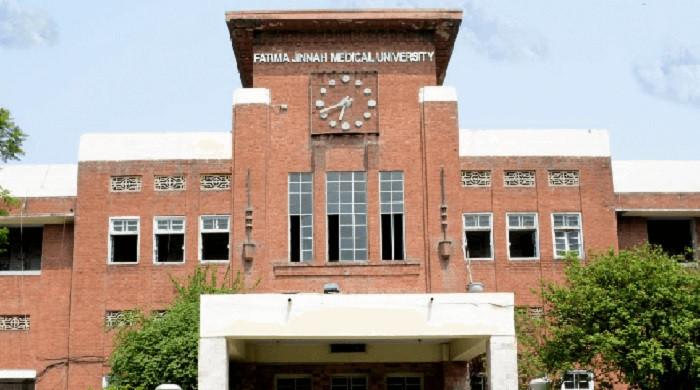Alarming situation in Karachi as coronavirus positivity rate crosses 21% for second day in a row
Pakistan records over 2,900 new COVID-19 cases with the virus claiming 60 lives in the past 24 hours
December 09, 2020

ISLAMABAD: Coronavirus case positivity in Karachi surged by over 21% for the second consecutive day on Tuesday, according to data issued by the National Command and Operations Centre (NCOC).
The port city recorded at least 1,242 new COVID-19 infections in the past 24 hours, adding to Sindh's single-day tally of 1,472 cases. The second highest national coronavirus positivity rate of 19.03% was observed in Hyderabad as the provincial tally of infections climbed to 187,684 with 13.1% positivity rate.
The third highest coronavirus positivity rate was observed in Mirpur with 13.16% of the PCR tests detecting SARS-CoV-2, followed by Rawalpindi with 13.03%, Peshawar with 13.02% and Abbottabad at 11.82%.
In provinces, Khyber Pakhtunkhwa has the second-highest COVID-19 prevalence at 10.6%, closely followed by Azad Jammu and Kashmir at 9.8%. Islamabad and Balochistan recorded 6.3% and 6.5% respectively while Punjab and Gilgit Baltistan reported 3.9% and 3.7%.
Read more: Coronavirus cases in Pakistan and abroad on December 8
National stats
Pakistan's COVID-19 tally rose by 2,963 new infections in the past 24 hours, raising the total number of cases to 426,142. NCOC data showed the virus claimed 60 lives on Tuesday across the country, bringing the death toll to 8,547.
At the moment, there are 45,324 active coronavirus cases in the country with 2,498 under critical care - out of which condition of 12 patients deteriorated. With 1,797 patients beating the virus in the past 24 hours, 372,271 have recovered so far.
The national positivity rate has fallen to 7.7%.
Read more: Pakistan records highest single-day death toll in 5 months
Restrictions
With the COVID-19 pandemic progressively getting worse in Pakistan, the government has placed fresh restrictions across the country to prevent the spread of the virus during its second wave.
Following recommendations by the NCOC, the federal government has made face masks mandatory in public spaces, limited large public gatherings to 300, banned indoor weddings, closed shrines, cinemas, and theatres, and instructed public and private offices to adopt work-from-home policy and 50% occupancy.
The federal government also announced that educational institutes will remain closed from November 26 to January 10. The students will study at home or get weekly homework till December 24 and winter vacations will start December 25. The schools will reopen on January 11 - which is subject to coronavirus situation then. All examinations have been postponed except admission and recruitment tests.
Furthermore, all provinces have banned indoor dining and limited timings for markets, shops, and shopping malls. Many areas in the country have been placed under smart lockdowns.











